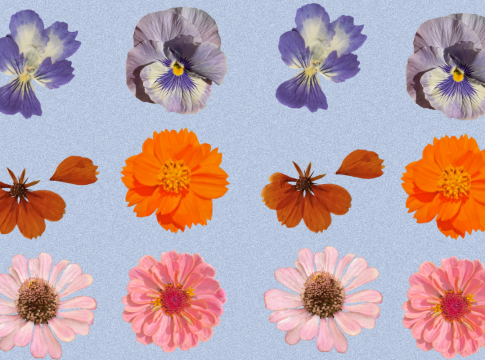Navigating Anxiety Through a Compassionate Lens
Anxiety is a prevalent experience for many, often characterized by relentless thoughts and worries. For those of us juggling family life, personal challenges, and the world at large, anxiety can feel especially overwhelming. It’s crucial to recognize that you are not alone in this journey.
The Weight of “What If?”
Imagine lying in bed, unable to find rest because a multitude of thoughts swirl in your mind. A mother recalls a time when she found herself fixating on a mundane concern—shoes left at the bottom of the stairs. This seemingly trivial detail transformed into a source of obsession, amplifying her worries about potential emergencies that had never occurred.
This scenario highlights a common symptom of anxiety: the tendency to dwell on “what ifs.” It can be exhausting to navigate a mind that consistently prepares for the worst-case scenarios, particularly when they are detached from reality. For many, including those who work in mental health, like our insightful narrator, recognizing anxiety symptoms can be a long process filled with self-discovery.
Understanding Anxiety: A Common Battle
Anxiety manifests in various ways, often presenting as:
- Persistent Worry: A constant stream of concerns that can feel all-consuming.
- Irritability: A heightened sensitivity to stressors or external situations.
- Exhaustion: A mental and physical drain resulting from ongoing worry.
Factors contributing to anxiety can include genetic predisposition, hormonal changes, and life experiences. Importantly, societal contexts, such as cultural expectations and historical moments, can also play significant roles.
Strategies for Managing Anxiety
While anxiety may never fully disappear, there are effective ways to manage it. Here are some practical strategies that can help:
- Embrace Therapy and Medication: Seeking guidance from a professional can provide valuable tools to help manage anxiety. Medication may be an option for some, offering relief alongside therapeutic support.
- Establish a Routine: Prioritizing a consistent sleep schedule and incorporating physical activity into your day can positively influence your mental health.
- Limit Stimuli: Follow media and entertainment choices that uplift rather than spiral you into anxiety, opting for content that fosters relaxation.
- Mindfulness Practices: Engage in mindfulness or relaxation exercises to ground yourself when anxiety begins to rise.
A New Journey: Calm-ish
In the spirit of fostering community and support for those navigating anxiety, a new email series titled Calm-ish has been launched, aimed at integrating evidence-based practices with personal and cultural insights. This initiative focuses on practical strategies to manage anxiety, offering guidance particularly relevant to those within the Jewish community during these tumultuous times.
By sharing experiences and resources, this series aims to create a supportive space for individuals grappling with anxiety.
In Conclusion
Navigating anxiety can be a challenging endeavor, but remember that it’s possible to find moments of calm amidst the chaos. Acknowledging your feelings, seeking support, and implementing manageable strategies are steps toward feeling more empowered in your journey. You do not need to face anxiety alone; there are pathways to a more peaceful existence, even if that peace is "calm-ish."
Embrace the journey with compassion for yourself, and take each day as it comes.

Covers wellness, nutrition, mental health, and daily life tips.
Bio: Talia brings a background in health journalism and holistic living to help readers live better, one tip at a time.

